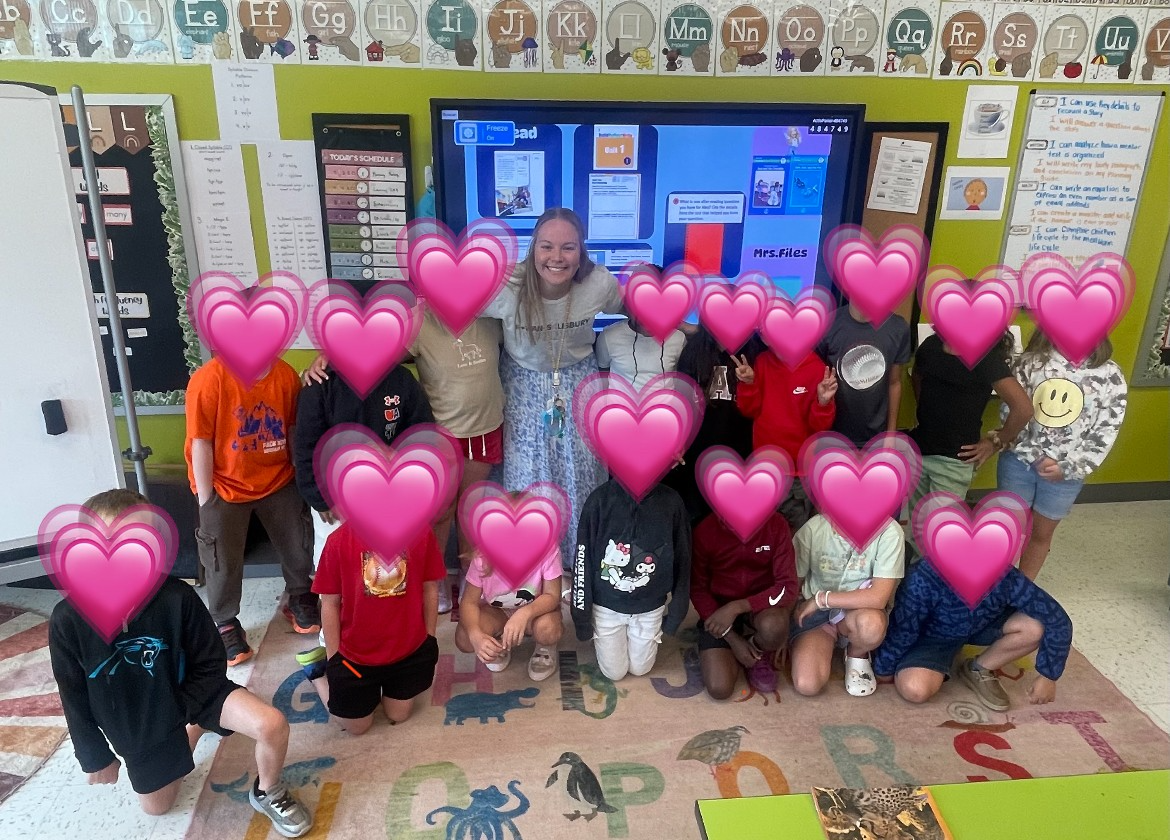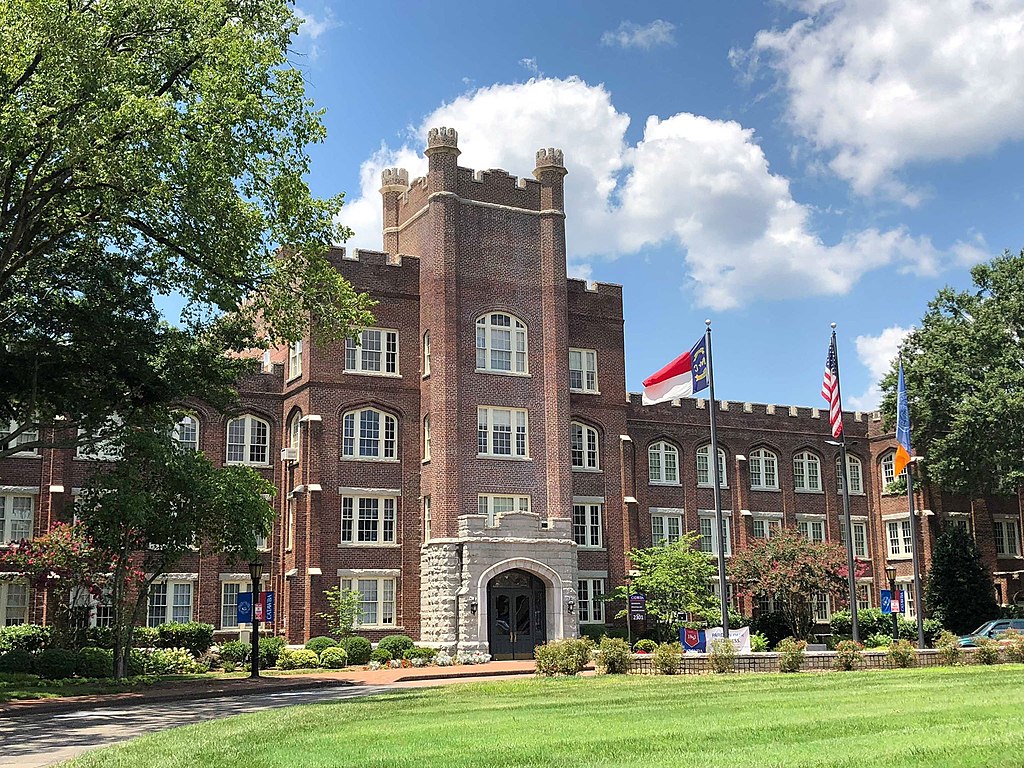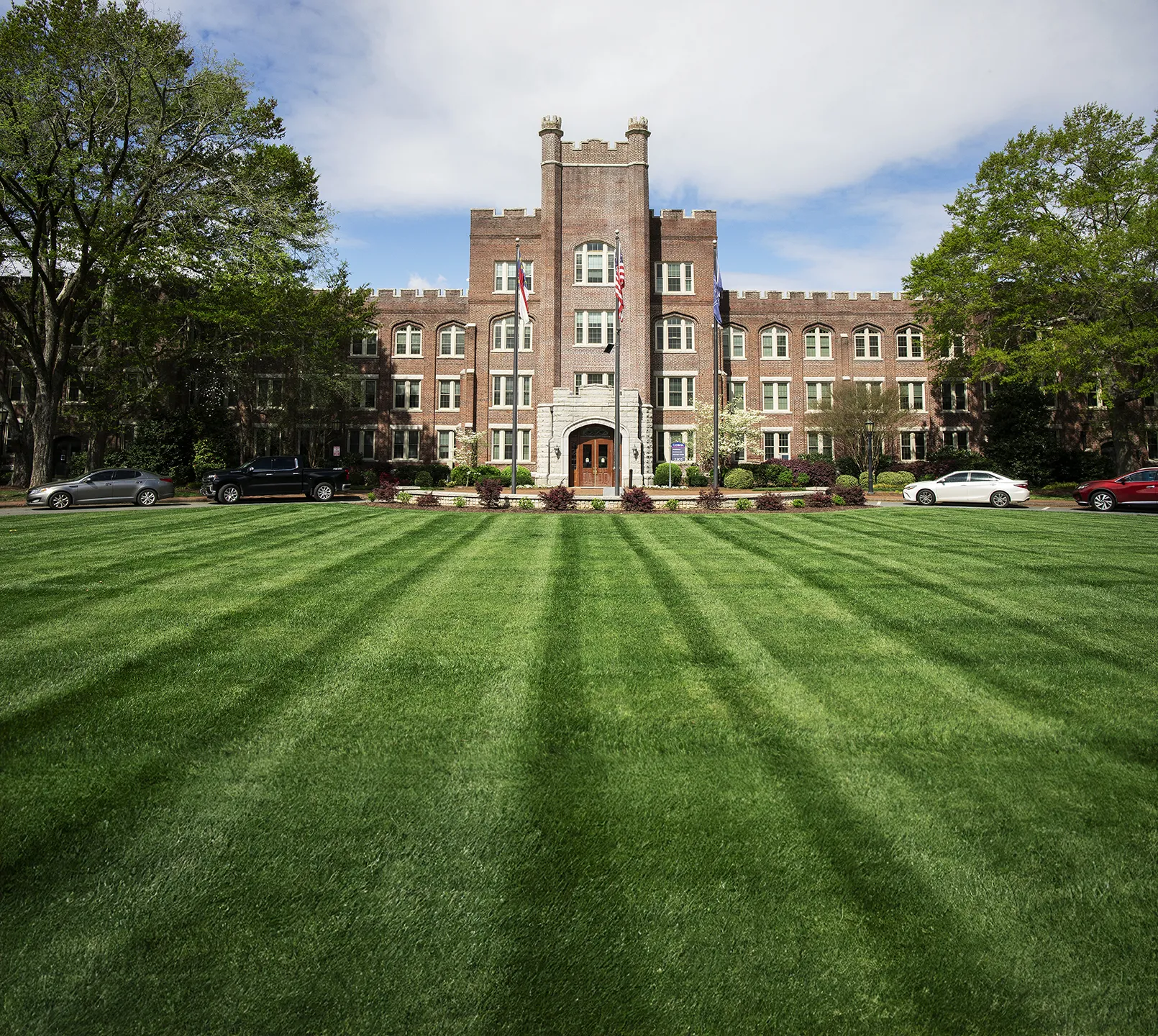
Educational Studies Minor
Broaden Your Future Career Horizons in Teaching
Catawba College undergraduates who add our Educational Studies minor to their program of study complete many of the teacher education courses required for Residential Licensure. On this path, you’ll be exposed to teacher education strategies and tools that will help equip you if you choose to begin a career in teaching.
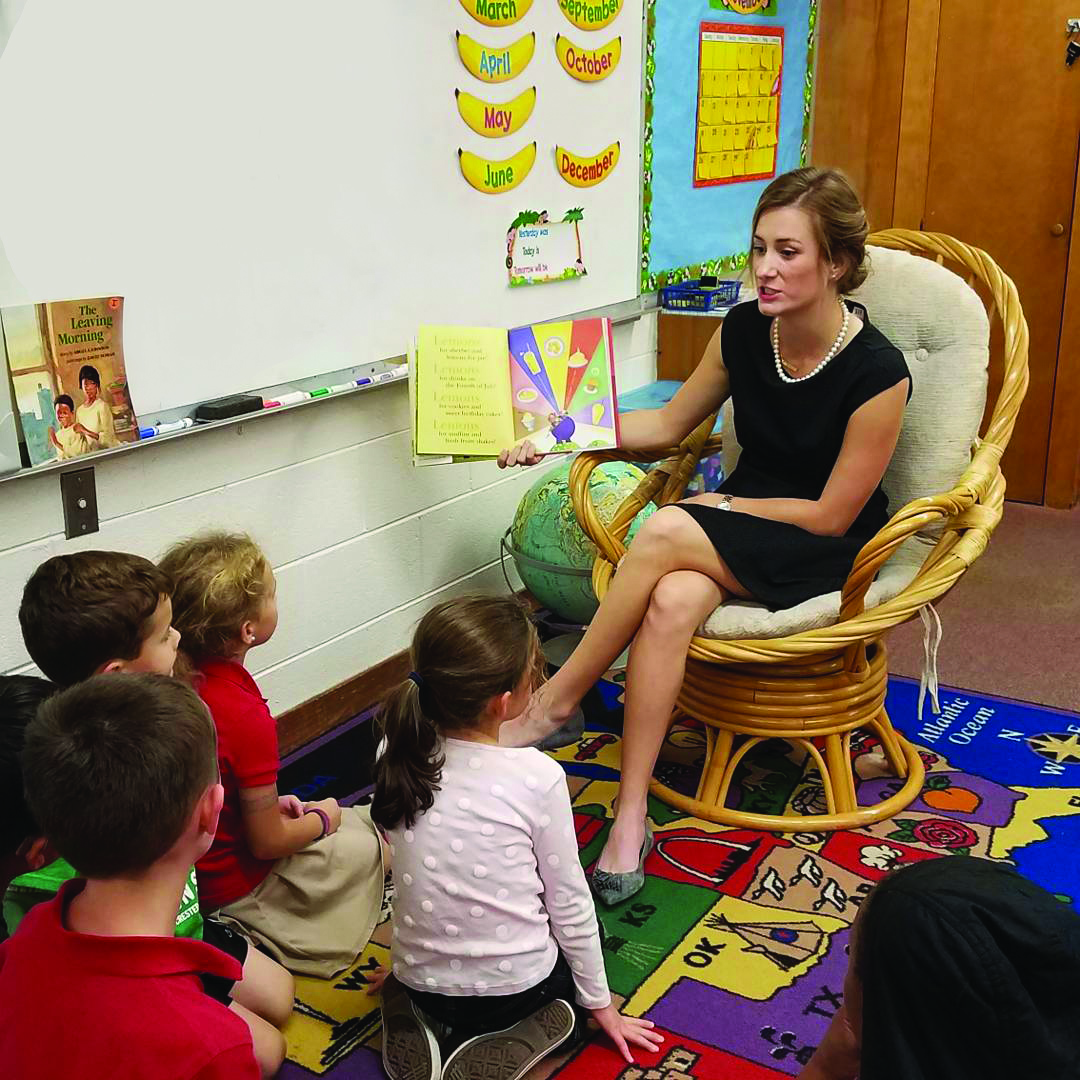
Since there is a significant need for teachers in the public schools, the need for Residential Licensure teachers is increasing. If students do choose to teach at some point in their future, by completing the Educational Studies minor, they will have a clearer understanding of teaching and learning in schools.
Undergraduates pursuing any of Catawba’s Teacher Education program offerings receive an education rich in personal attention, and small class sizes afford students opportunities to make enriching valuable connections with their inspiring professors and peers. Recognized by Colleges of Distinction for its innovative approach to education, all Education programs at Catawba prepare future educators who “are bolstered by an enriching liberal arts perspective, allowing them to be empathetic, creative, and efficient mentors for their students.”
Students pursuing the Educational Studies minor must complete a criminal background check prior to participation in any field experiences in schools. It’s important to note that completion of the Educational Studies minor for students majoring in other academic subjects does not lead to teaching licensure.
Program Highlights
-
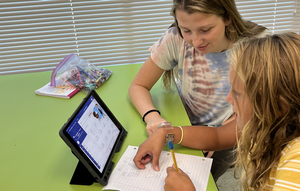
Experiential Learning
Benefit from strong partnerships with local school systems, experiential visits early on, year-long internships your junior year, and a co-teaching student teaching model for optimum support and growth.
-
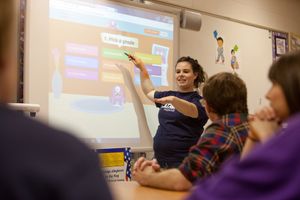
Essential Skill Development
Developing skills that transfer to immediate and future careers provides a competitive edge. You will learn critical thinking, management, public speaking, and technology skills, plus motivational techniques and service orientation.
-
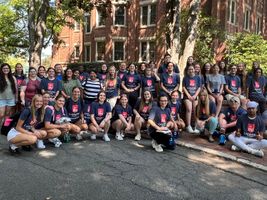
Academy for Teaching
Established in 2007, the Shirley Ritchie Academy for Teaching offers opportunities for personal and professional growth through travel, professional development programs, cohort activities, guest speakers, networking, and field experiences.
School of Education at Catawba College
Catawba College's Teacher Education Department prepares reflective teachers who possess the professional knowledge, skills, and dispositions necessary for effectively teaching students in a diverse and global society. Our Teacher Education program has a rich tradition of turning out excellent teachers dating back to 1925.
Education Pathways
The Department of Teacher Education at Catawba College offers several pathways that allow students greater flexibility in completing education majors and minors while providing different options for future careers as educators.
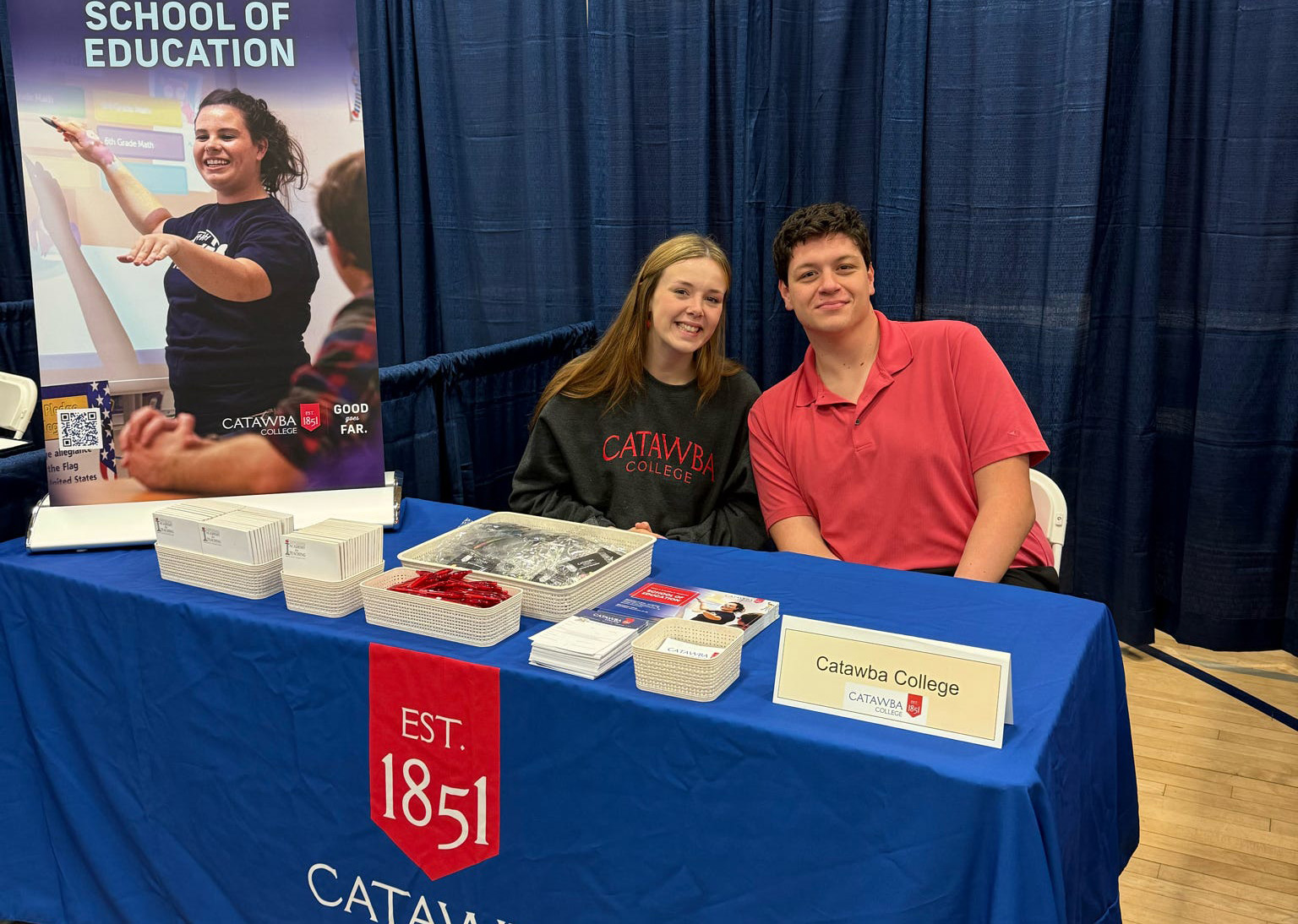
In the traditional pathway (“licensure route”) students are admitted the Teacher Education program, complete student teaching, and earn a recommendation for full licensure. This traditional pathway requires students to complete a series of standardized assessments in order to obtain licensure. Historically, our program alumni have been in incredibly high demand, have entered the teaching profession with all requirements completed for an initial teaching license, and have qualified for licensure in other states.
The non-licensure pathway is for students who want to:
- Work in public or private schools that do not require teachers to have a teaching license, but who still want a solid preparation in developing the skills to teach;
- Get a “head start” on alternative routes to licensure (such as the NC Residency License); or
- Develop knowledge and skills useful in industry (working as Educational trainers) or college/university teaching.
While there is a minimum GPA requirement of 2.50 (and work in the public schools often requires a criminal background check), students in the non-licensure pathway are not required to pass the standardized assessments required of students in the traditional, licensure pathway. The non-licensure pathway allows students to continue in education coursework and earn an education degree or minor without seeking licensure.
Both the licensure and non-licensure pathways are academically rigorous and offer flexibility to allow students to transition between pathways as plans change.

Karla Fragoso '19 Educational Studies MinorI chose the Educational Studies minor offered at Catawba because it enables me to have a perspective of the teaching profession just as those who are majoring in the education program. One of the things I love about this minor is that I can start teaching while working to obtain my professional education licensure.
Program Details
Student Professional Associations
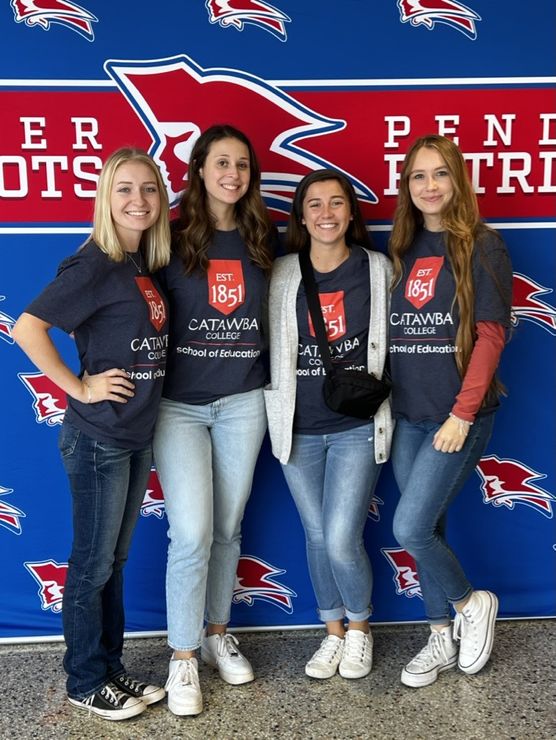
Student Professional Associations
SNCAE (Student North Carolina Association of Educators): Catawba's prospective teachers club, SNCAE, is open to anyone majoring or minoring in education. The regular monthly meetings are devoted to the professional and social enrichment of the members and to the advancement and refinement of the profession. SNCAE sponsors social activities, professional development, and community service activities throughout the year.
Kappa Delta Pi Honor Society: Kappa Delta Pi is an International Honor Society in Education dedicated to recognizing excellence in education. Kappa Delta Pi invites members who exhibit the ideals of scholarship, high personal standards, and promise in teaching and allied professions. The Theta Phi Chapter at Catawba College was installed on February 28, 1958 and reactivated in 1983. KDP accepts members who exhibit commendable personal qualities, worthy educational ideals, and sound scholarship.
Net Price Calculator

Net Price Calculator
Estimate your share of college costs and how much financial aid you may be eligible to receive
Our calculator is designed to give you an early indication of what type of financial aid you may qualify for if you were attending Catawba College as a first-year, transfer, online, or graduate student.
